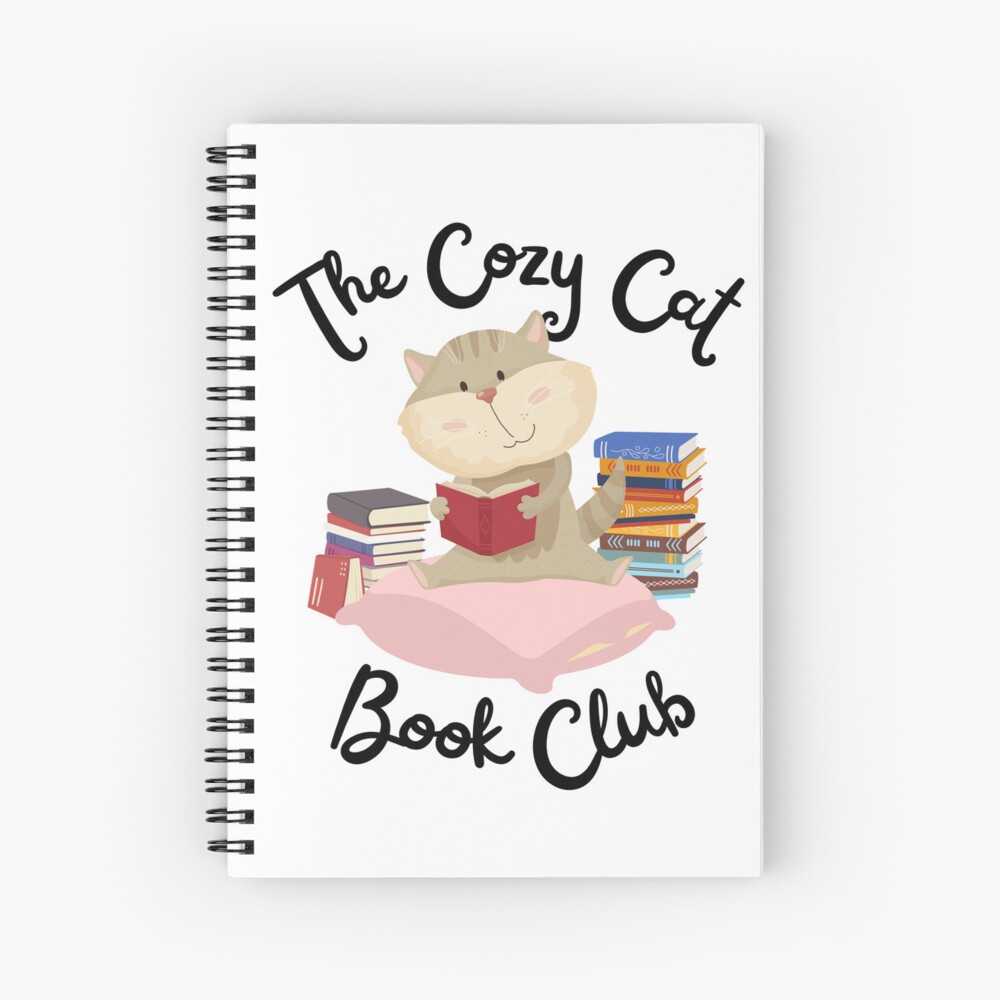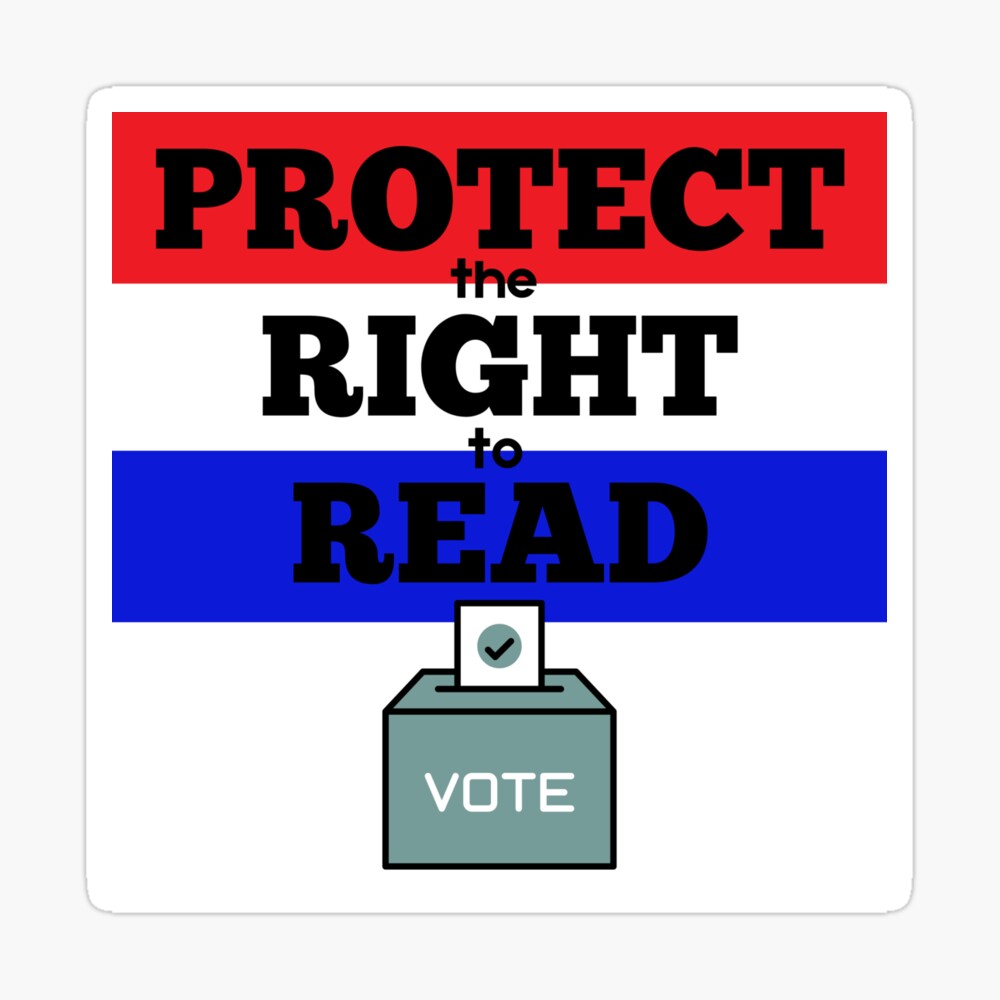You’ve got an idea for a story. Yes! Congratulations? Now the fun begins.
Ideas come in lots of different ways: just a title, an unusual character, a situation, or maybe even an entire story plops right in your lap (although this last one has never happened to me). When you get your idea, you might be eager to jump right in and begin writing your story (I always am!), but it helps to have a bit more before you actually begin.
Now, writing processes are almost as personal as fingerprints, and they often change over time, so how you approach the first story you write will most likely be different from how you approach the tenth. That said, here are some of the things I do after I’ve got a shiny new idea…
Ask Questions
My ideas are often small. ARROW began with the idea of a boy with one hand who lived in a tree. I didn’t know who the boy was, why he had one hand, where this tree was, nothing. So I started asking questions. When I was a journalist, I was trained to always ask the basics for every story: Who? Where? Why? What? How? And when? I start with these. Who is this boy? Where is the tree? Why does he live in a tree? How did he get there? When is this story happening? Another question that always helps me as a storyteller is, why is this important to me? Stories aren’t just about characters and worlds. The best stories are about hearts, and the writer has to find their heart in the story. Thinking about this, I realized the story would be about rainforests, because their preservation is important to me. But I never figure out all the answers on my own, so I…
Do Research
Research is incredibly important for storytellers. Whether you’re writing fantastical stories, historical, contemporary, research helps you make stories, characters and worlds that readers can identify with. But research also helps writers develop ideas. For example, with ARROW, because I knew the boy lived in a tree, I gathered that trees would be important to the story. So I started doing research. I looked at how rainforests are hurt and the types of friends they boy might have growing up there. I considered reasons why the boy would have one hand, and why he would be alone. My research spawned more ideas, and slowly my idea grew. Before I could start writing, though, I needed to…
Figure Out The End, or An End
Some author friends of mine say they can’t write a story if they know the end because that takes away all the fun. But I think of writing a story like going on a journey—even though I know I’m heading to, say, London, there are many routes I can take and lots of things to discover along the way. Knowing the ending means I have a direction to go in, which is hugely useful. The ending does not have to stay the actual ending, and it can be vague. Just like if you’re heading to London something could happen that takes you to Spain instead, my endings often change when I’m writing. Having that direction, though, gives me something to shoot for. Figuring out that end can be difficult, so one thing that’s very important is, I…
Give Myself Time
There’s nothing that ruins baking bread more than rushing, and the same goes for stories. Years ago I was in a seminar where the speaker talked about ideas. People often have similar or even the same ideas, which are why ideas can not be copyrighted. So the speaker said you should toss out at least your first five ideas about something, and in fact, your really creative ideas will start when you get down to your tenth idea. Getting as creative as possible means digging down to your most unique ideas, and that can take time. Take it. Don’t rush. You’ll be rewarded for it.
Next time you get a shiny new idea, sit with it, nurture it, research it. Let it fill out. Like a good sourdough starter, when your idea is ready, it’ll make the best story.






